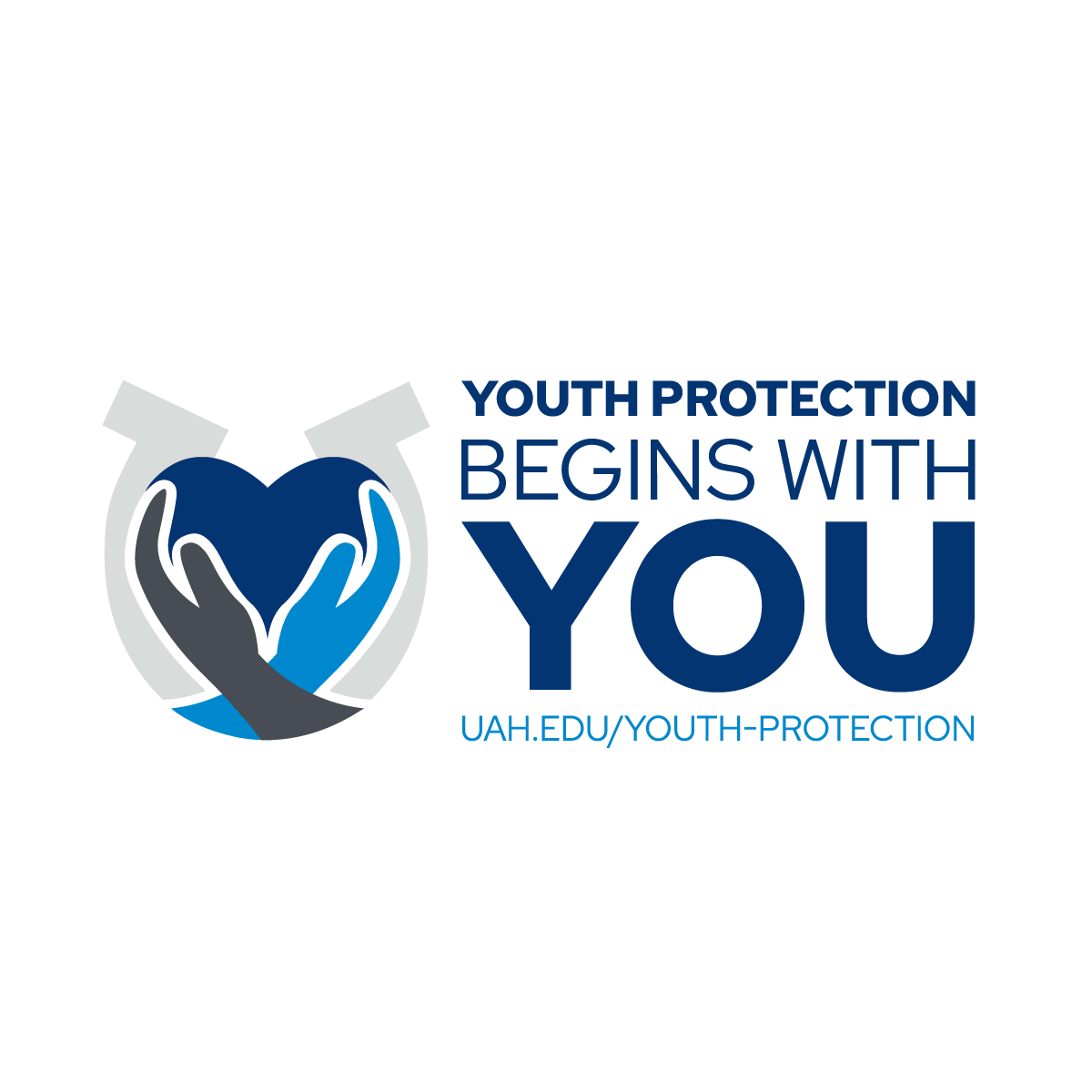 April is National Child Abuse Prevention Month
April is National Child Abuse Prevention Month
By staying informed and speaking up, we can help protect vulnerable children from abuse and neglect. Child abuse can happen in any community, but together, we can make a difference.
Here’s How You Can Help:
- Know the Signs: Recognize physical, emotional, or behavioral signs of abuse.
- Speak Up: If you suspect abuse, report it. Your voice can protect a child’s future.
- Get Involved: Support organizations that raise awareness and provide resources to families.
Together, we can break the cycle of abuse and ensure every child has the chance to grow up in a safe, supportive environment. Join the fight for youth protection—because every child matters.
State law and University policy makes the reporting of known or suspected child abuse or neglect, regardless of the circumstances in which it may occur, mandatory for college and university employees, hospitals, clinics, medical professionals, teachers, school officials, law enforcement officials, social workers, daycare workers, mental health professionals, members of the clergy, and any other person called upon to render aid or medical assistance to a child.
Reporting Procedures:
If you know or reasonably suspect that a child is a victim of child abuse or neglect, you must report. In deciding whether or not to report an incident or situation of suspected abuse or neglect, it is not required that you have proof that abuse or neglect has occurred. Any uncertainty in deciding to report suspect abuse or neglect should be resolved in favor of making a good faith report.
In making a report, you must: Immediately report the information to The University of Alabama in Huntsville Police Department (UAHPD) at 256-824-6911. In addition to making an oral report, you must also complete a Child Abuse or Neglect Report Form.
Youth Protection Policy Updates
UAH is committed to maintaining a supportive, welcoming, and safe educational environment for youth. To ensure the safety and well-being of youth, UAH adopted the Youth Protection Policy (formerly known as the Child Protection Policy).
Changes of note in the updated policy include:
- Renaming of the policy to “Youth Protection Policy”
- Communication transition to “youthprotection@uah.edu”
- An updated website and FAQs page
- An 8-week advance program registration deadline
All UAH faculty, staff, students, volunteers, and representatives, as well as third-party vendors, camp and clinic operators, and their employees, representatives, and volunteers that use UAH facilities or resources, with responsibilities that involve interaction with youth, must carefully review and abide by the Youth Protection Policy.
Want to learn more?
Read and Review UAH’s Policies:
Complete a Training:
All UAH faculty, staff, and students have access to the Protecting Children: Identifying and Reporting Sexual Misconduct course in United Educators.
